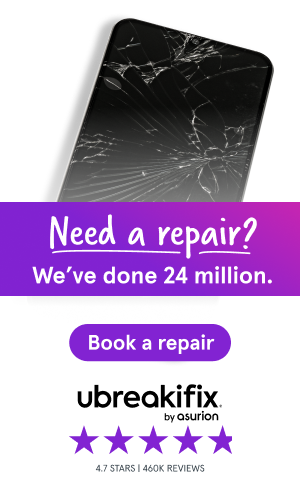- Joined
- Aug 7, 2013
- Messages
- 751
- Reaction score
- 404
Good Morning Everyone...Linda asked me to post this because we get so many questions about URL structure and KWs in URLs. Another sweet post by Jennifer Slegg at The SEM Post
The Importance of URL Structure According to Google
Everyone has had theories for years about URL structure, particularly as it relates to Google rankings. Should you use keywords or no keywords? Should you ever go beyond a single directory or can you safely go three or four deep? The question was raised at SMX Advanced last week about just how important URL structure is, and whether it needs to be short.




